NewSouth Books acquired by University of Georgia Press
Tuesday, May 24th, 2022 by Brian Seidman
We are pleased to announce that NewSouth Books has been acquired by the University of Georgia Press. Effective July 1, UGA Press will continue to support NewSouth’s existing catalog of titles under the NewSouth Books imprint while adding new titles acquired by NewSouth principals Suzanne La Rosa and Randall Williams.
NewSouth was cofounded in 2000 by Suzanne La Rosa and Randall Williams. Its offices are located in Montgomery, Alabama. La Rosa is the company’s publisher, Williams its editor-in-chief. La Rosa will join UGA Press on July 1. She will publish 8-12 new titles annually under the NewSouth imprint at UGA Press. Williams will continue to edit selected titles and recommend works for acquisition. Recent noteworthy releases from NewSouth Books include The Southernization of America: A Story of Democracy in the Balance by Frye Gaillard and Cynthia Tucker; The Many Lives of Andrew Young by Ernie Suggs; In the Name of Emmett Till by Robert Mayer; Saving America’s Amazon by Ben Raines; Fourteenth Colony by Mike Bunn; and American Founders: How People of African Descent Established Freedom in the New World by Christina Proenza-Coles.
“NewSouth Books has always punched above its weight in representing the culturally complex and socially significant Deep South to the world. We are thrilled to honor Randall and Suzanne’s work by becoming the new publishing home for these award-winning, critically important books, ” says Lisa Bayer, director of UGA Press.
La Rosa adds, “NewSouth is proud to align itself with such a distinguished press going forward, one with which we have such excellent compatibility. Our association with the University of Georgia Press will enhance our visibility and expand our reach. We could not imagine a better partner.”
Williams observes, “NewSouth has succeeded due to the talented authors who have trusted us with their research and creativity and to the support of our readers. Both groups will continue to be well served by our alliance with the University of Georgia. Now in its third decade, NewSouth Books looks forward to this important new chapter in its trade publishing life.”
Watch for future communications about how to purchase our books, set up author events, request review copies and such, which changes go into effect on July 1. NewSouth’s website will be updated accordingly.
Posted in Uncategorized | No Comments »

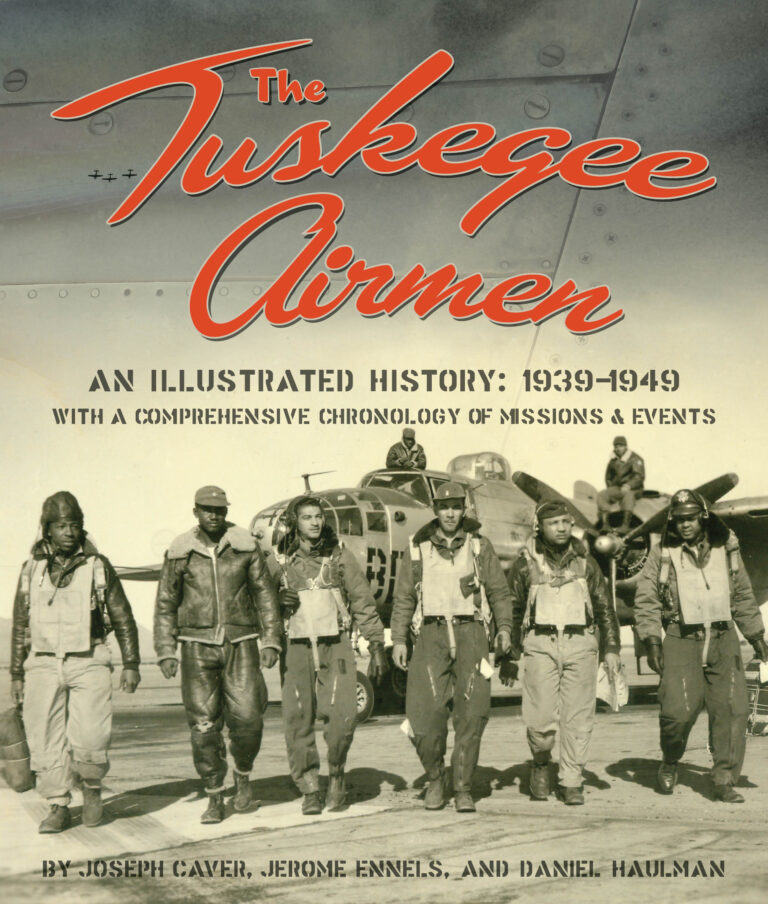
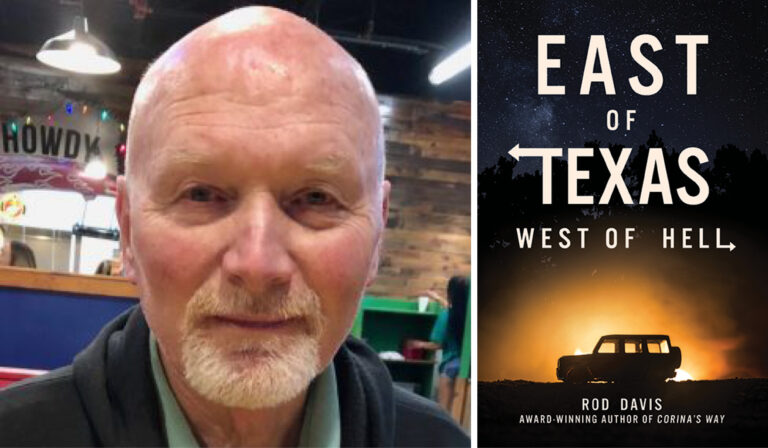
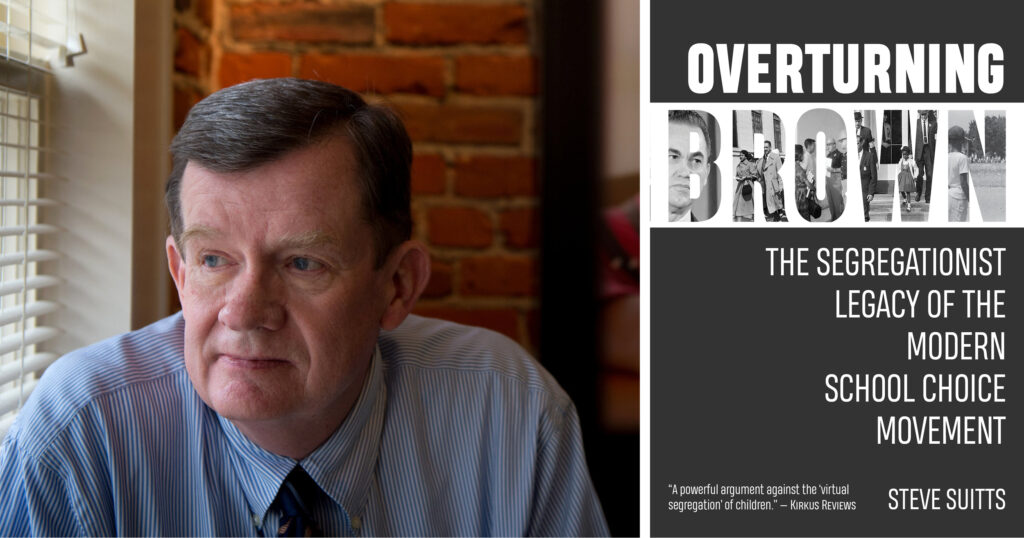
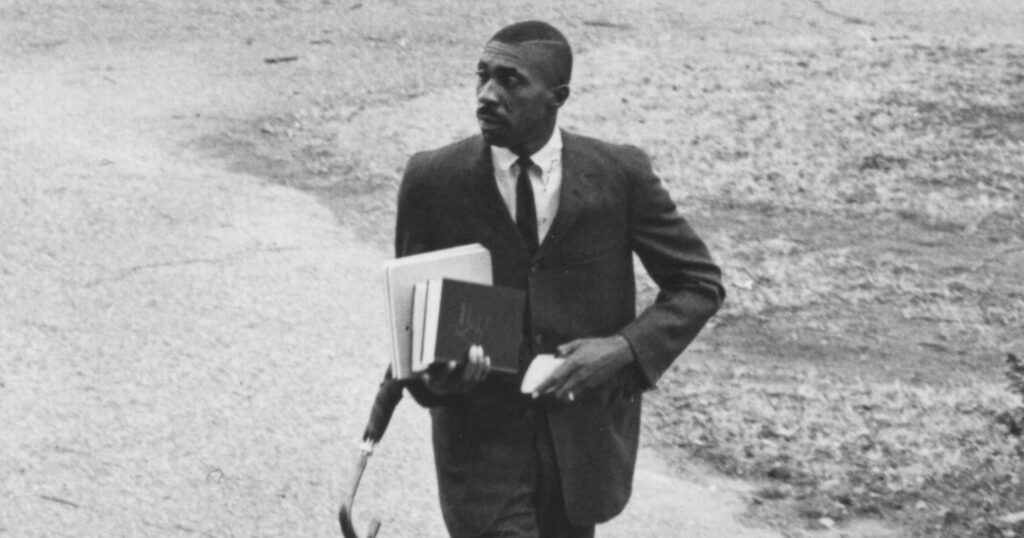
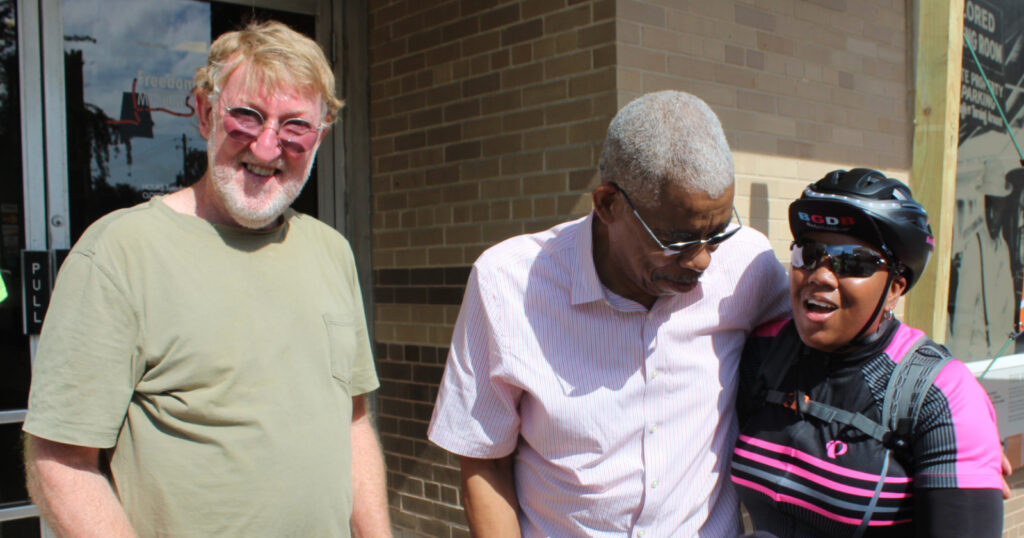
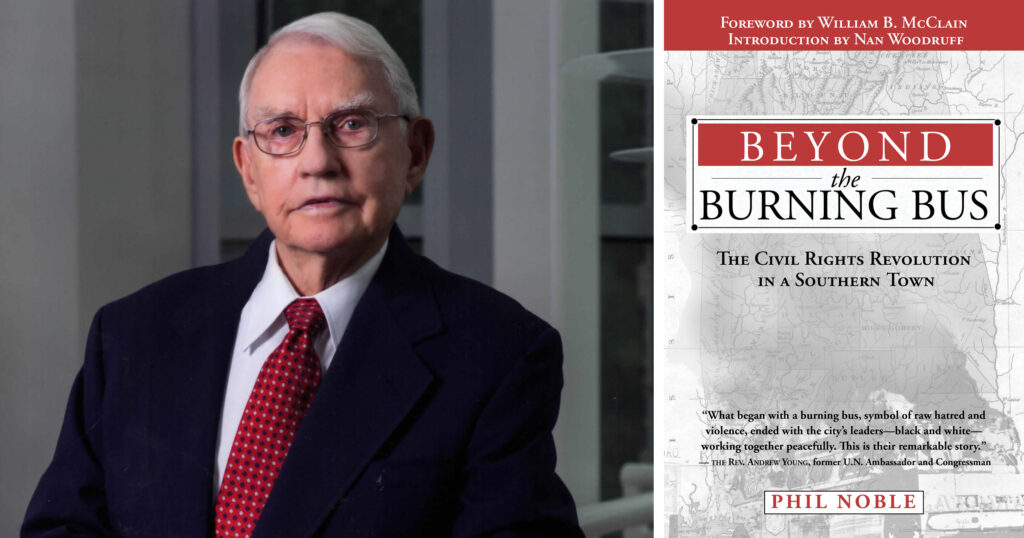
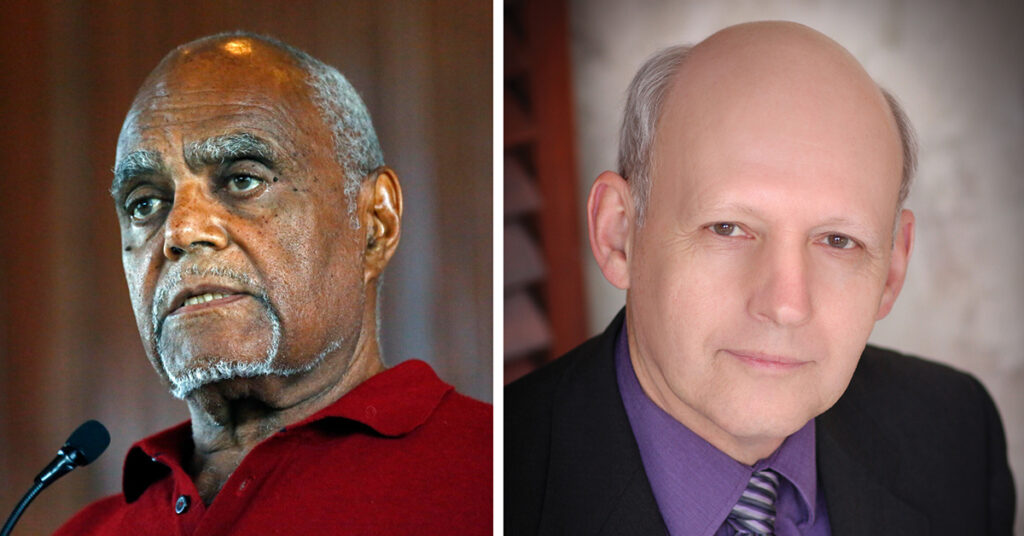
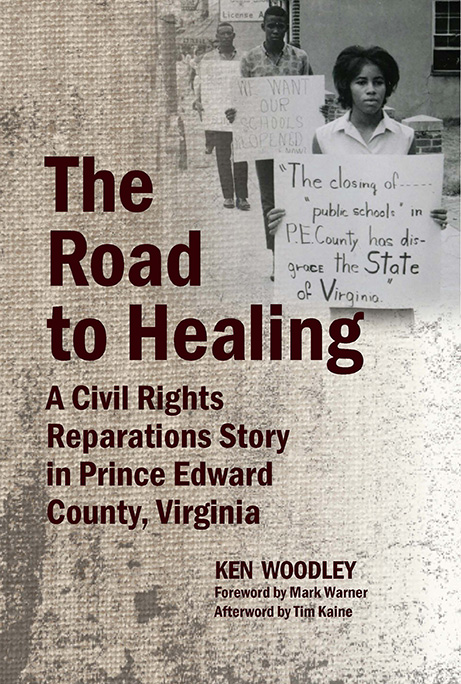 Half a century later, the activism of Johns and the other walk-out students had been largely forgotten before journalist Ken Woodley discovered the background story of school closures in Prince Edward County while working for the Farmville Herald, the local newspaper in his and Johns’s hometown. Woodley told the resurrected story in articles and editorials and led a campaign for reparations for the years of lost education. In the end, Woodley took the campaign all the way to the governor’s office and secured both a public apology and scholarships for those affected by the Prince Edward County school closures. Woodley’s moving and inspiring memoir, The Road to Healing, shares the story of his and others’ efforts to make right the societal ills in his small Virginia town. The tale reminds readers that even small gestures can go a long way toward repairing the social fabric of our country.
Half a century later, the activism of Johns and the other walk-out students had been largely forgotten before journalist Ken Woodley discovered the background story of school closures in Prince Edward County while working for the Farmville Herald, the local newspaper in his and Johns’s hometown. Woodley told the resurrected story in articles and editorials and led a campaign for reparations for the years of lost education. In the end, Woodley took the campaign all the way to the governor’s office and secured both a public apology and scholarships for those affected by the Prince Edward County school closures. Woodley’s moving and inspiring memoir, The Road to Healing, shares the story of his and others’ efforts to make right the societal ills in his small Virginia town. The tale reminds readers that even small gestures can go a long way toward repairing the social fabric of our country.
